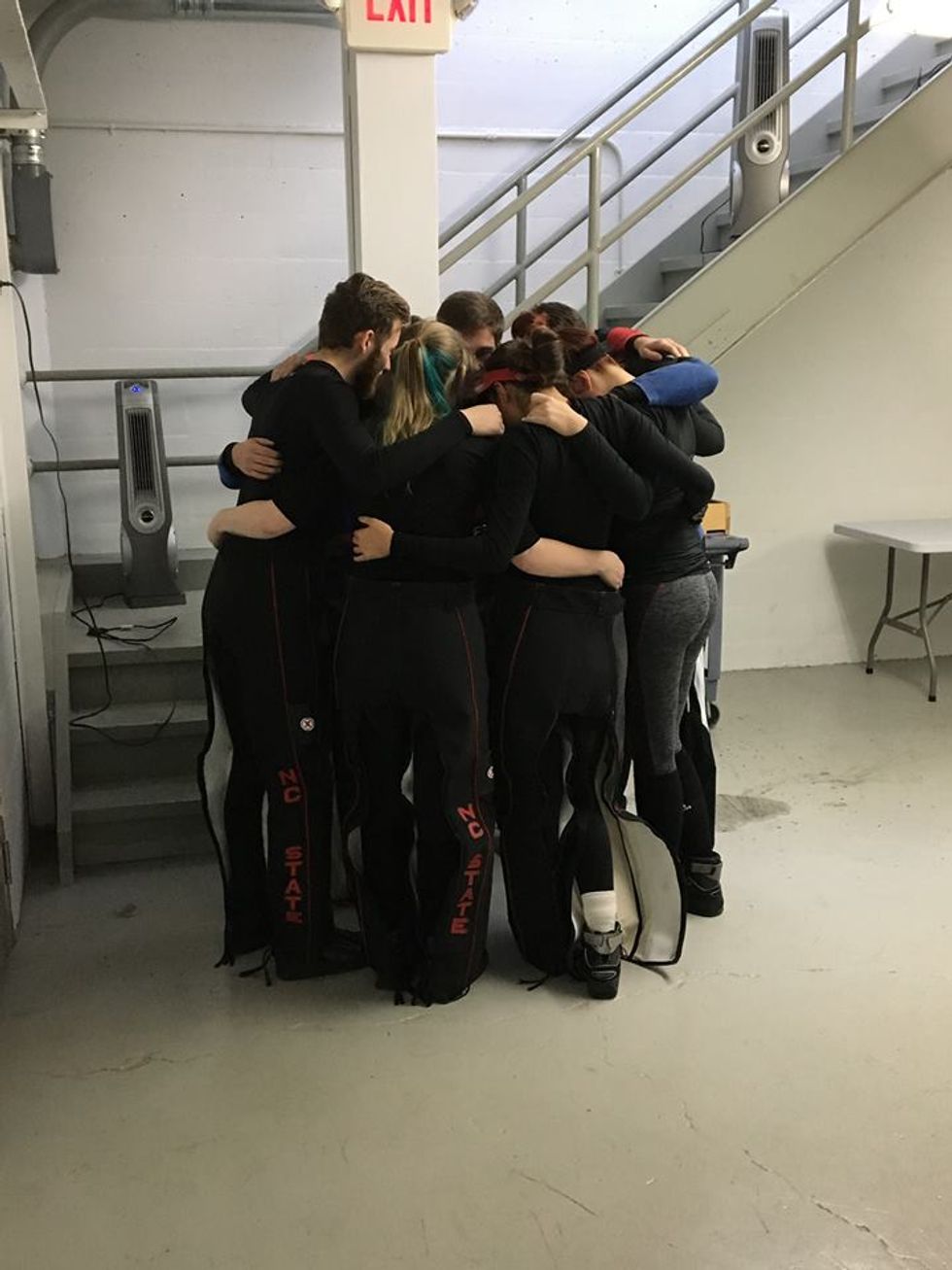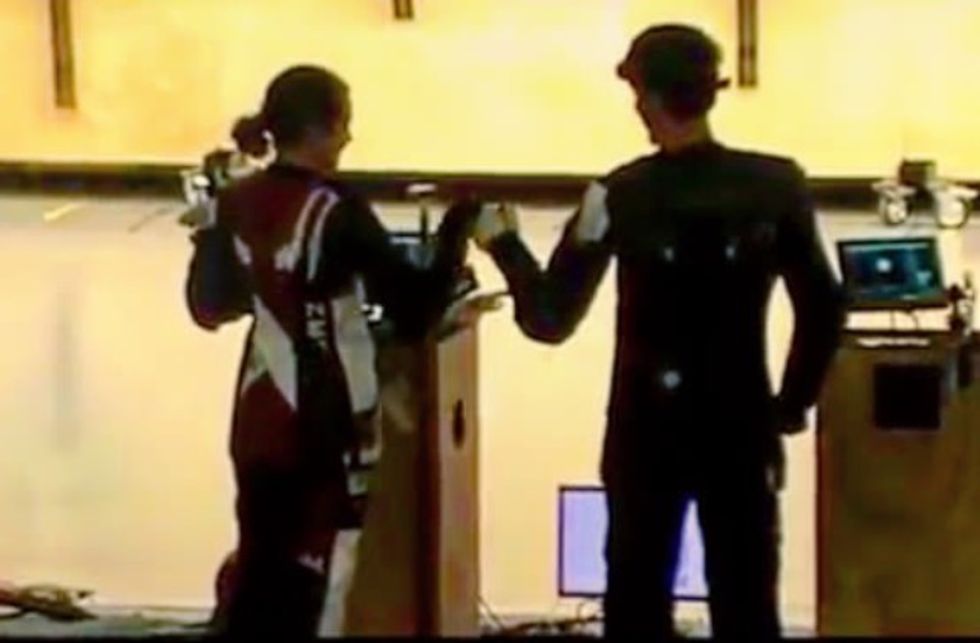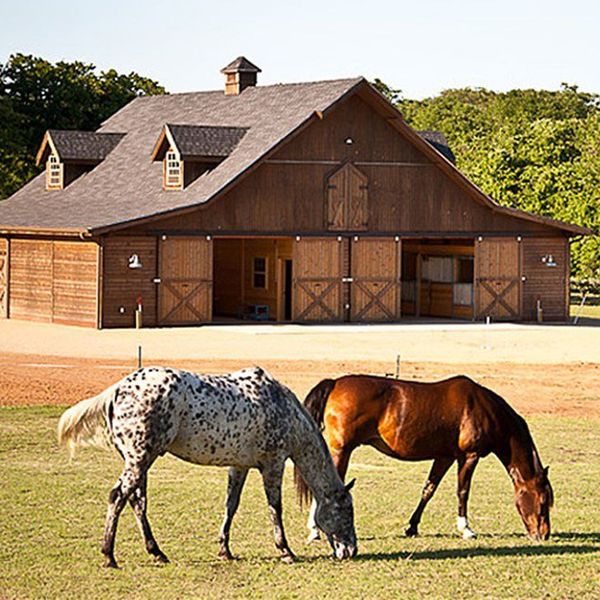Either playing soccer when I was younger to the last eight years of my shooting career, I have only known the “team” aspect of sports. My goals and desires were centered around training for the men and women that I interacted with every day. Whether it was coaching younger team mates in high school to standing in a circle with brothers and sisters as we tried to achieve something like making NCAA’s, my efforts and scores have been for the team. There have been moments in my career, whether it was World Championships in 2014 to the Olympics in 2016, that I strived to be the best representative I could be for my University as an individual.
Between my Sophomore and my Junior years of college, I dug deep into NC State history and found that we haven’t had an All-American since the 70’s. We haven’t had anyone go to the NCAA Championships in decades. I wanted to break that barrier. I dug deep, learned mental strategies, and explored techniques to make my performance even better in order to achieve those goals for my University. Fast forward two years, I achieved things that I never even dreamed of; becoming an All-American, going to two World Cups, going to NCAA’s twice, becoming a USA Shooting National Champion multiple times, and making the 2016 Olympic Team.
“The lead Wolf has the best view of the Pack”. Be at the front, to show others what was possible and ignite a passion in others to continue that legacy.
Immediately after graduation, meaning less than 24 hours later, I found myself in Germany shooting at a World Cup representing my country once again. My perspective on my goals began to change. I would come back an individual, not a member of a team but an intrinsically motivated person striving for the best version of myself.
In this new state of being, I became ambitious in my goals. I wrote goals for the entire Olympic Cycle and found dozens of things to work on. These goals are all things I want to add to my resume because of what I personally value. As an individual, I trained with the idea of everything I do will be calculated towards my goals and the amount of effort I put in, whether it was a lot or a little, would be entirely driven by my interests. Since then, I have shot better scores than ever before, engaged in a broader audience in the shooting community, and learned more about my craft.
After reflecting on this for a few months, I have found that there is a psychological difference between being on a team and competing as an individual.
The individual athlete, whether that is a sprinter, weightlifter, or shooter, feel that their knowledge of results and feedback from their tasks make them aware of their readiness for competition, understand their capacity for success, and have an understanding of their own abilities. These individual athletes have an ethical commitment to their principles and goals. In retrospect to that, individual athletes have been shown to show greater anxiety towards competition than team sport participants. The pressure, anxiety, or excitement is centered around the performance of one person.
Individuals who play team sports, like football and soccer players, show higher agreeableness and dependence on others than individual athletes. Responsibilities of work are different in a team environment since success is measured by the collective group effort. The individual goals for the team member are focused on supporting other players in the group. Because of this, it is more difficult to get an individual result when competing as a group. Some studies suggest that team sports have a significant positive impact on team participant’s personalities and mental health. The pressure, anxiety, or excitement is centered around the shared performance of the team.
So, being a participant of an individual sport like shooting or golf, the question becomes how does an individual sport in a team environment work and be successful? In my opinion, it's internal competition.
The individual athlete in a team environment performs to the level of the people around him or her. Developing a sense of mutual respect and comradery, paired with effective training and a healthy environment, will foster a competitive atmosphere that is beneficial to the individual. Ultimately, the individual is always competing against themselves. When they train, they can look to others to learn from and challenge each other. The better the environment, the better the team. Each individual is a part of that environment, how they perceive their roles have an impact on their entire environment.
My transition from a team to an individual enlightened me on the differences. My advice to those who are still on the team is to set goals that strive for you to pursue individual success, for the benefit of the team. When making goals, people put value and meaning into those goals, and that determines why they do it.
Make your team into your why.


















